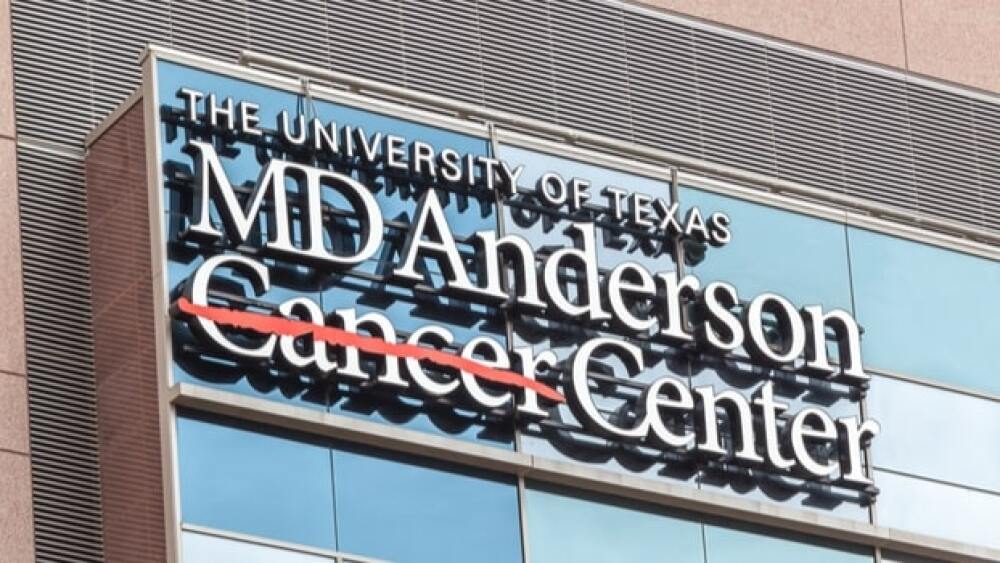TC BioPharm and MD Anderson signed a three-year collaboration to better understand the role of gamma delta T cells in cancer treatment.
Courtesy of JHVEPhoto/GettyImages
Gamma delta T (GDT) cells make up between 1-5% of the white blood cells circulating within the human body, and TC BioPharm is joining with MD Anderson Cancer Center to better understand their role in cancer and cancer treatment.
The British immunotherapy company and renowned cancer research organization entered into a three-year strategic alliance Tuesday to expand the overall knowledge base of how GDT cells work in oncology settings.
Under terms of the collaboration, a six-person steering committee will guide a combined research team through preclinical and clinical studies to determine the potential of GDT cell-based therapies and better understand how the cells behave in patients.
TC’s current pipeline consists of an unmodified allogeneic gamma delta T cell product being developed to treat acute myeloid leukemia and undisclosed CAR-T programs in preclinical development against solid and hematological malignancies.
The company’s lead candidate, developed on its proprietary OmnImmune platform, has completed a Phase I study and is on track for Phase II/III, according to TC.
In this partnership, TC will leverage MD Anderson’s comprehensive immunoprofiling capabilities to develop correlative studies on clinical samples to identify insights into patients’ responses to the cells.
According to Tuesday’s press release, this will enable TC to “better design future studies” and develop a picture of future targeted cancer studies in other blood cancers and potentially solid tumors.
In a prepared statement, Bryan Kobel, CEO of TC, said the company is enthusiastic about working with MD Anderson to further its knowledge of GDT cells and develop future trials and treatments using the OmnImmune platform.
GDT cell therapy has the potential to overcome many problems in cancer therapy, according to research published by American Gene Technologies International and the University of Maryland in Frontiers in Immunology.
This is particularly true for tumors with high unmet need and those lacking tumor-specific antigens targetable by antibodies and CAR-T cell therapy. They also have potential in cancers that are unresponsive to immune checkpoint inhibitors, according to the researchers.
However, the researchers noted that more translational work is needed to enable them to fulfill their promise as a safe and effective immunotherapy.
GDT cells are particularly attractive because they contain properties of both the innate and adaptive immune systems, TC noted in the press release.
TC is not the only company looking to leverage these immune powerhouses in cancer therapy. New York-based IN8bio recently announced the submission of an Investigational New Drug Application for a Phase Ib trial of INB-410, an allogeneic GDT cell therapy for glioblastoma multiforme. The trial is expected to begin in the second half of 2023.
LAVA Therapeutics is also developing bispecific gamma delta T cell engagers on its proprietary Gammabody platform. Its lead candidate, LAVA-051 targets AML, chronic lymphocytic leukemia and multiple myeloma.






